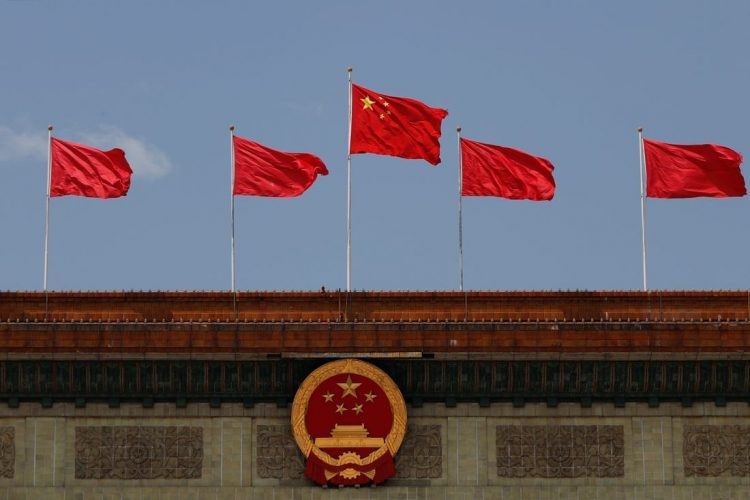by Ben Blaschke Thu 14 Jul 2022
Important changes to the operating environment under Macau’s amended Gaming Law, which was passed by the Legislative Assembly in June, reflect China’s shifting priorities and growing focus on national security, according to Macau-based law firm MdME Lawyers.
In a legal review of the Amendment to the Macau Gaming Law and Public Tender Regulation, published Thursday, MdME says the law highlights the different scale and maturity of the industry when compared to 2001 – when the original law was approved – as well as the development of Macau’s economy and society in the 20 years that have since passed.
But it also reflects concerns expressed at national level with matters such as national security and illegal cross-border capital flows, prescribing that the operation of casino gaming may only take place under the assumption that national security is preserved.
“The most significant consequence of this policy materializes in the ability of the [Macau] Chief Executive] to terminate a concession contract on grounds of threat to the national security,” the legal review states.
“The Opinion of the Second Commission on the Amendment to the Gaming Law sheds some light on the scope and extent of such policy. Firstly, it clarifies that the concept of national security today goes far beyond territorial and military security. In fact, the Opinion of the Second Commission points towards a holistic approach to national security, one that encompasses, amongst others, economic, technological, cyber and financial security.”
This, MdME says, makes another new policy goal – harmonizing the operations of casino gaming with efforts to prevent the illegal cross-border flow of capital and money laundering – closely related to the safeguarding of national security.
“This goal directly addresses the concerns, expressed at national level, with the illegal cross-border flow of funds for gaming (estimated at US$150 billion a year) and the raise of such concerns to a level of national security,” the review states.
“This change in central policy led, in the past two years, to a concerted crackdown in cross-border gaming as well as to the amendment of China’s Penal Code, in particularly of its section 303, which now criminalizes the promotion of overseas gambling in China. In the words of the Second Gaming Commission, with such changes ‘the VIP rooms will hardly be able to continue their current business model’.”
MdME also notes key changes to the economic policy goal of Macau’s gaming law from one encouraging tourism, economic growth and social stability to one of “adequate economic diversification” and promoting the sustainable economic development of Macau.

“This subtle but important difference regarding the broader economic role of the gaming industry ties in with another new policy goal introduced by the Amendment to the Gaming Law: the regulation of the size of the gaming industry,” the review observes.
Aiding efforts to maintain national security and prevent cross-border gambling, the new law clearly limits the size of Macau’s gaming industry via the introduction of various measures such as removing sub-concessions, reducing the concession period from 20 to 10 years, capping the number of tables and slots, limiting junkets to one concessionaire each and eliminating revenue share agreement with third parties.
Cite the source inside asian gaming